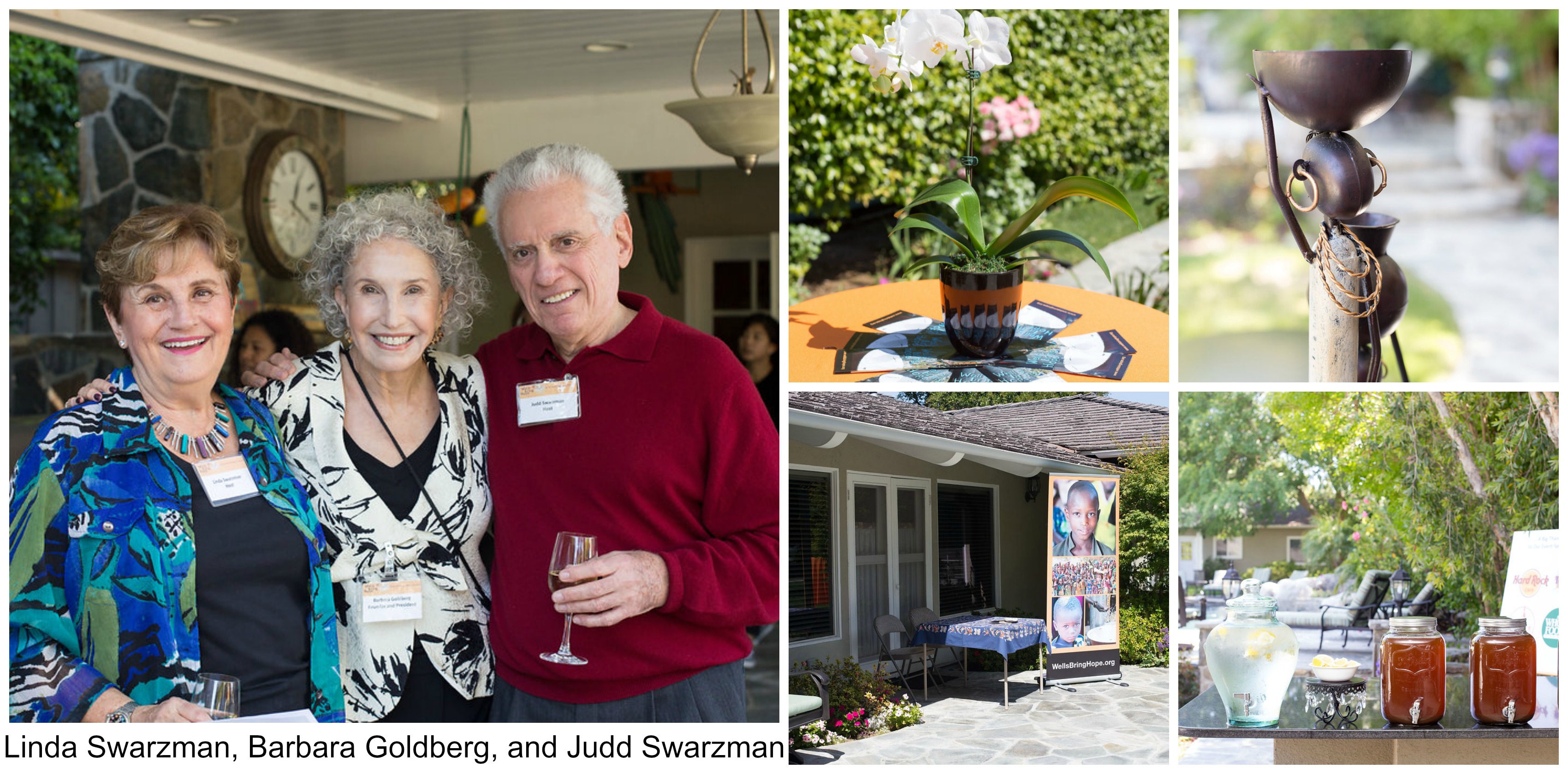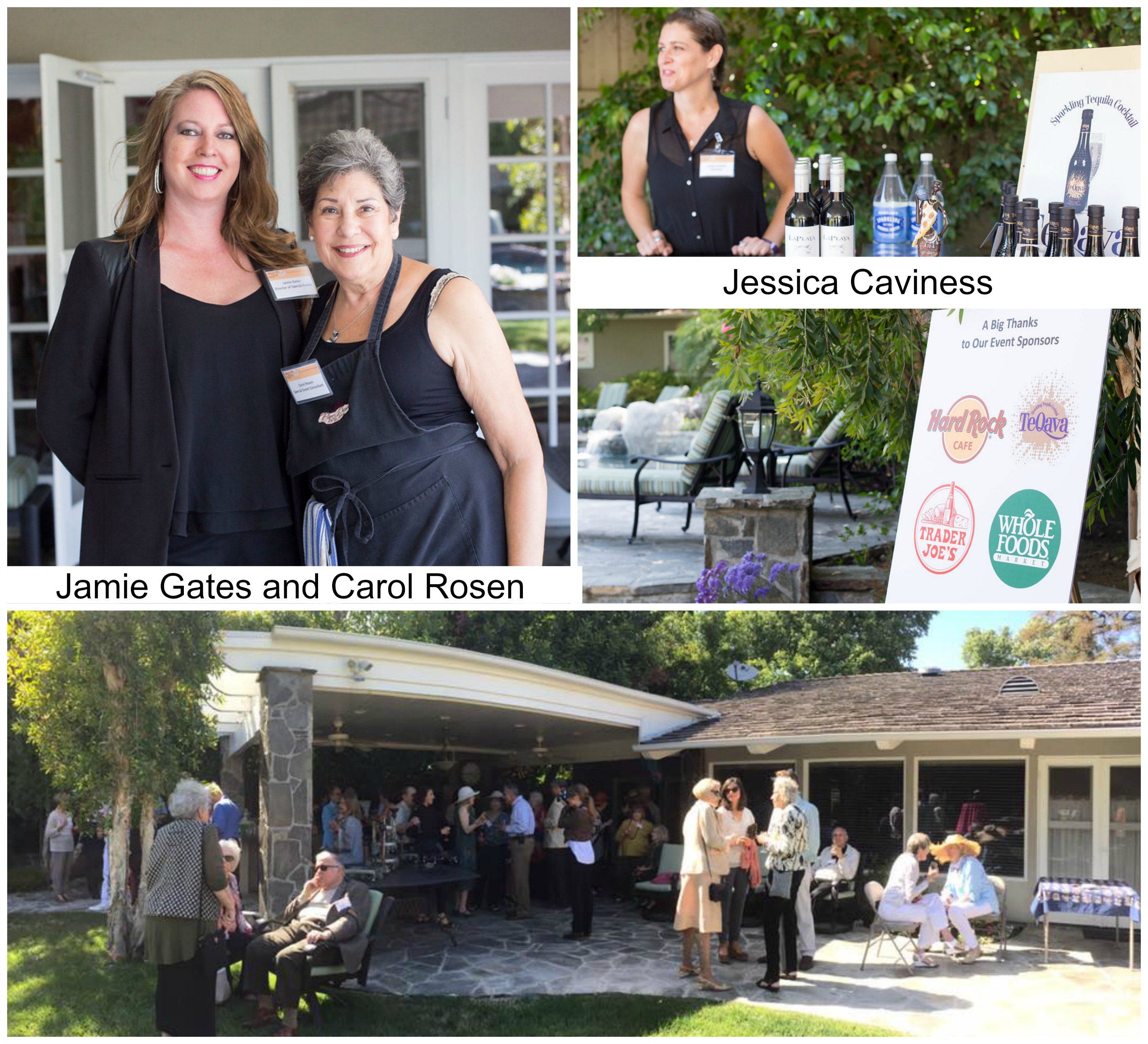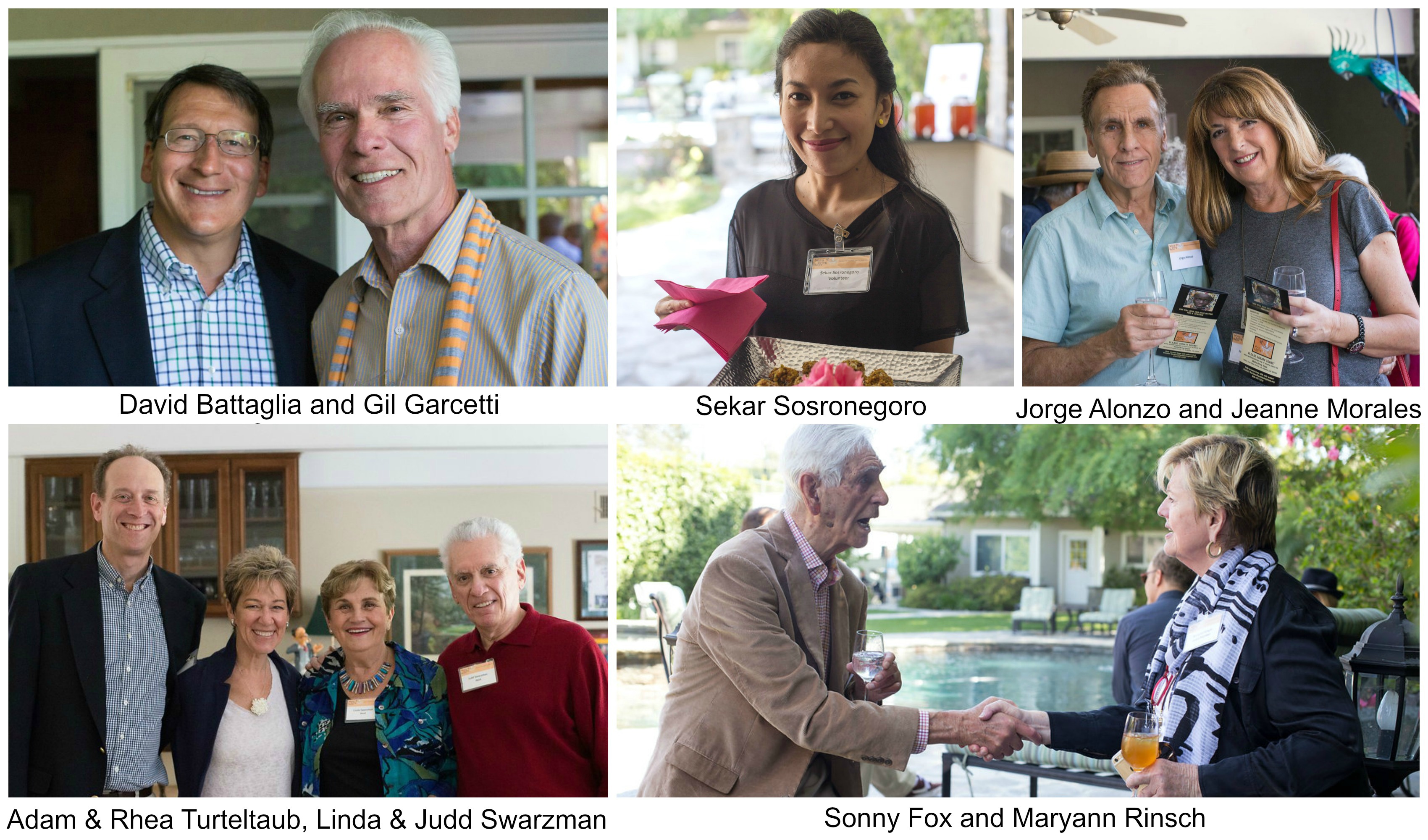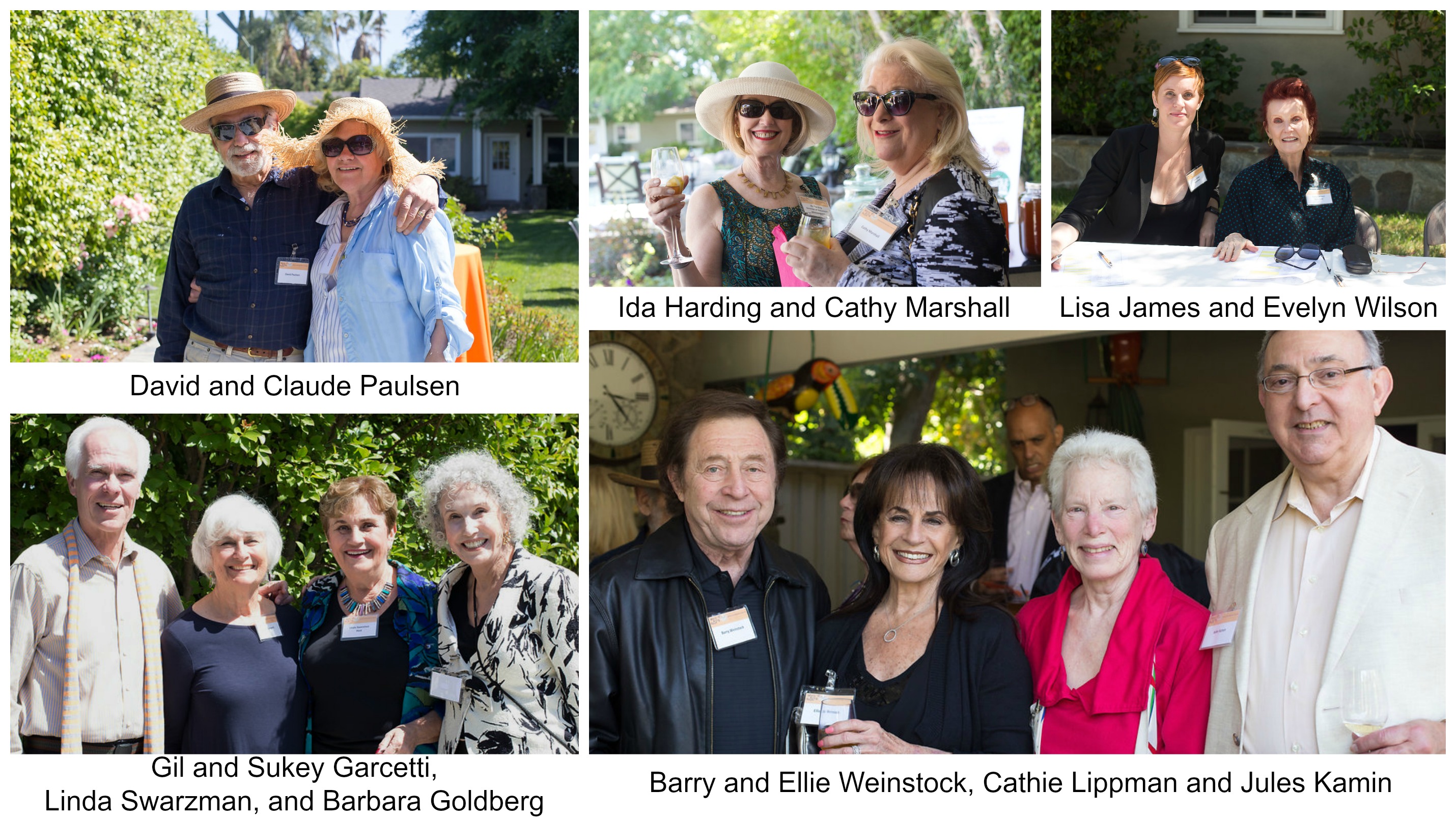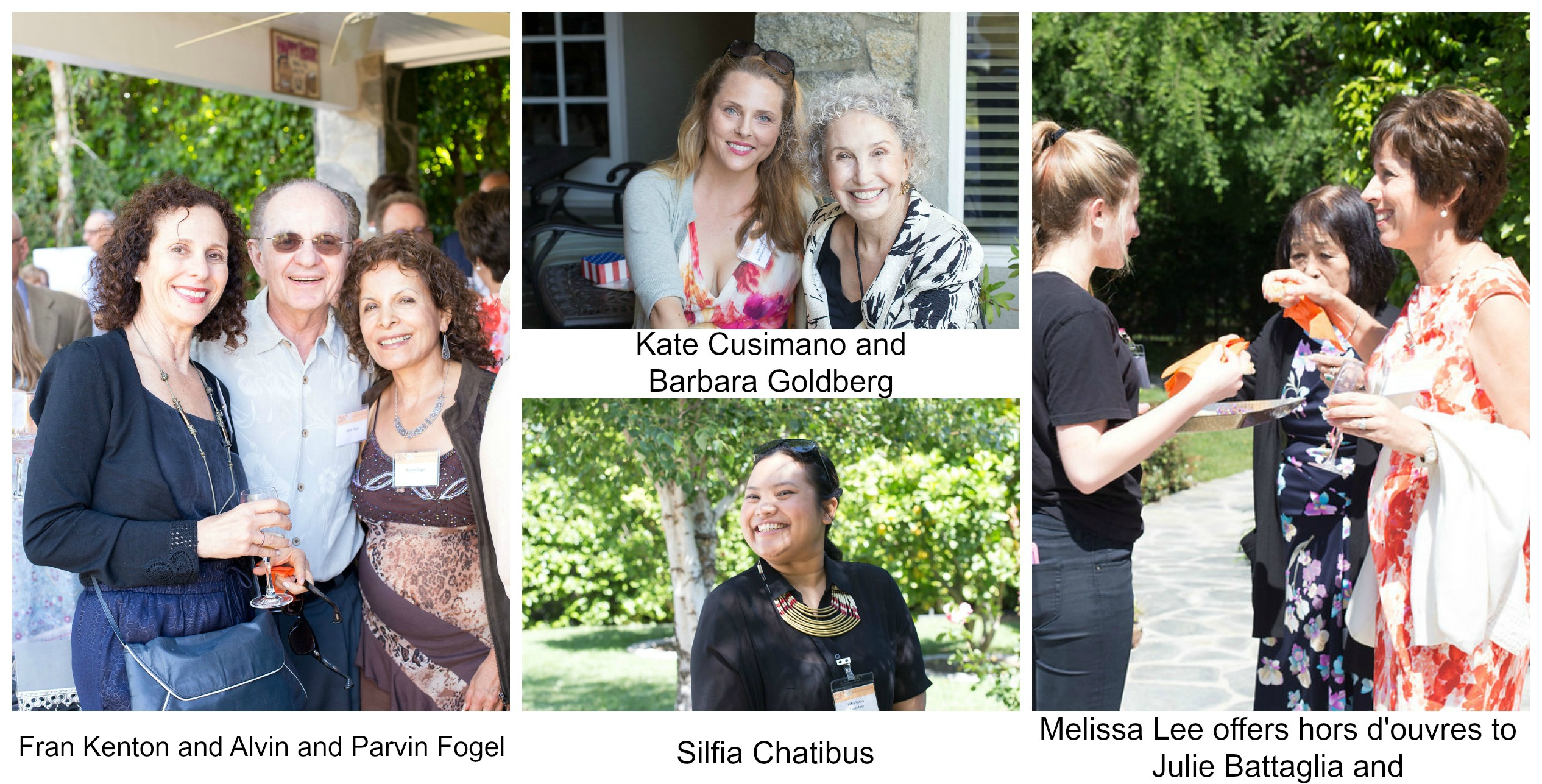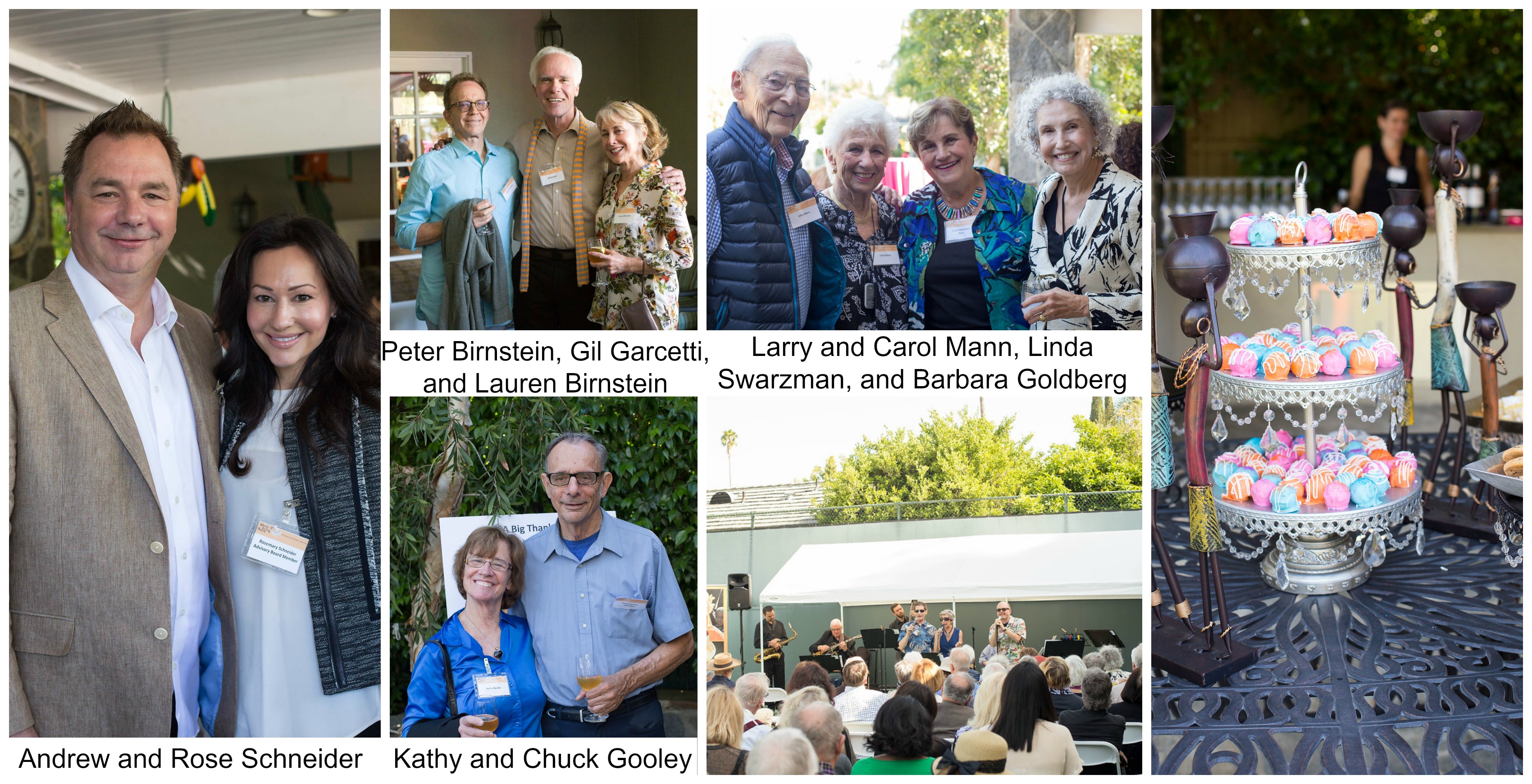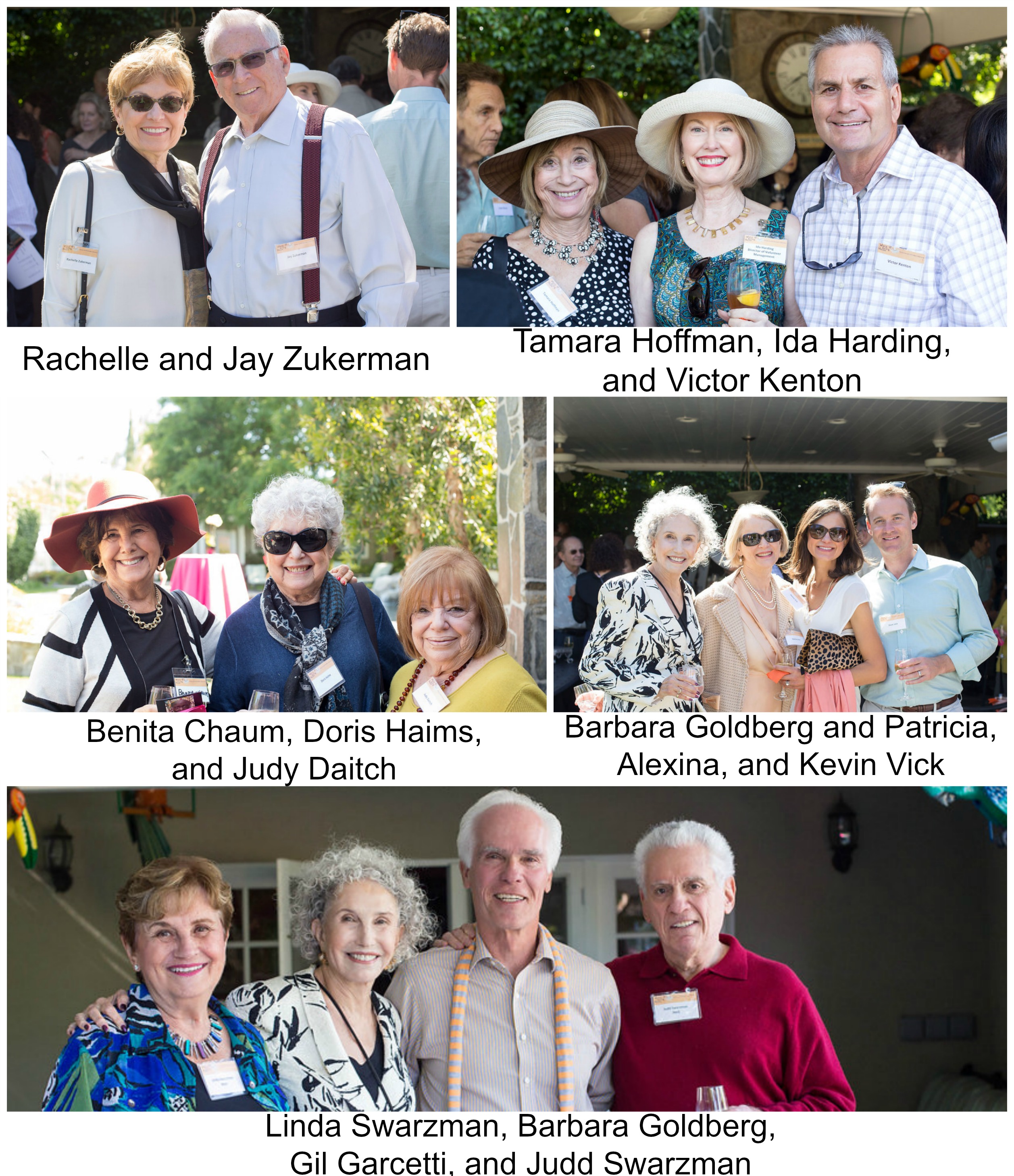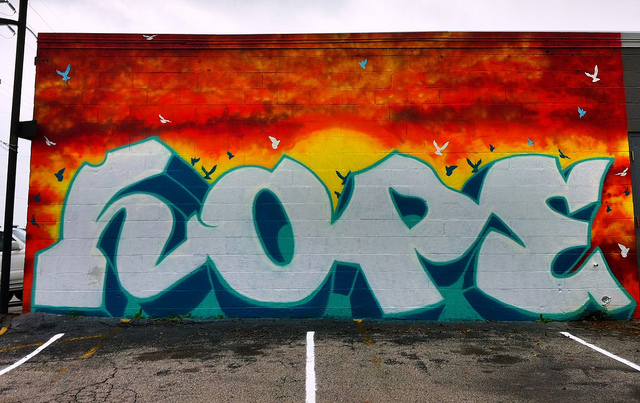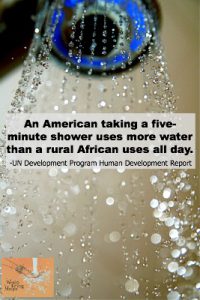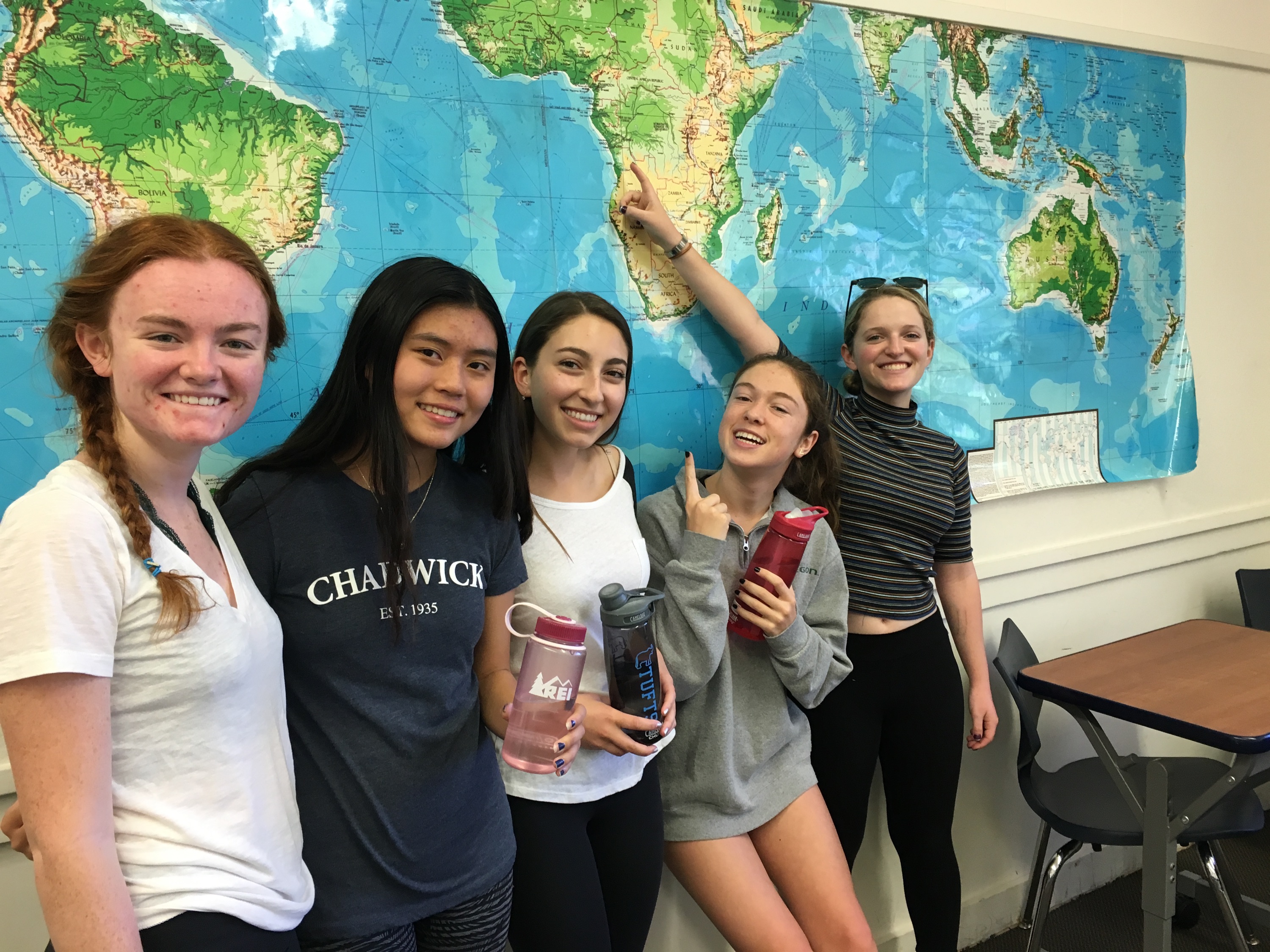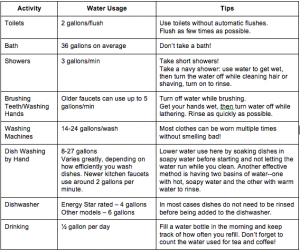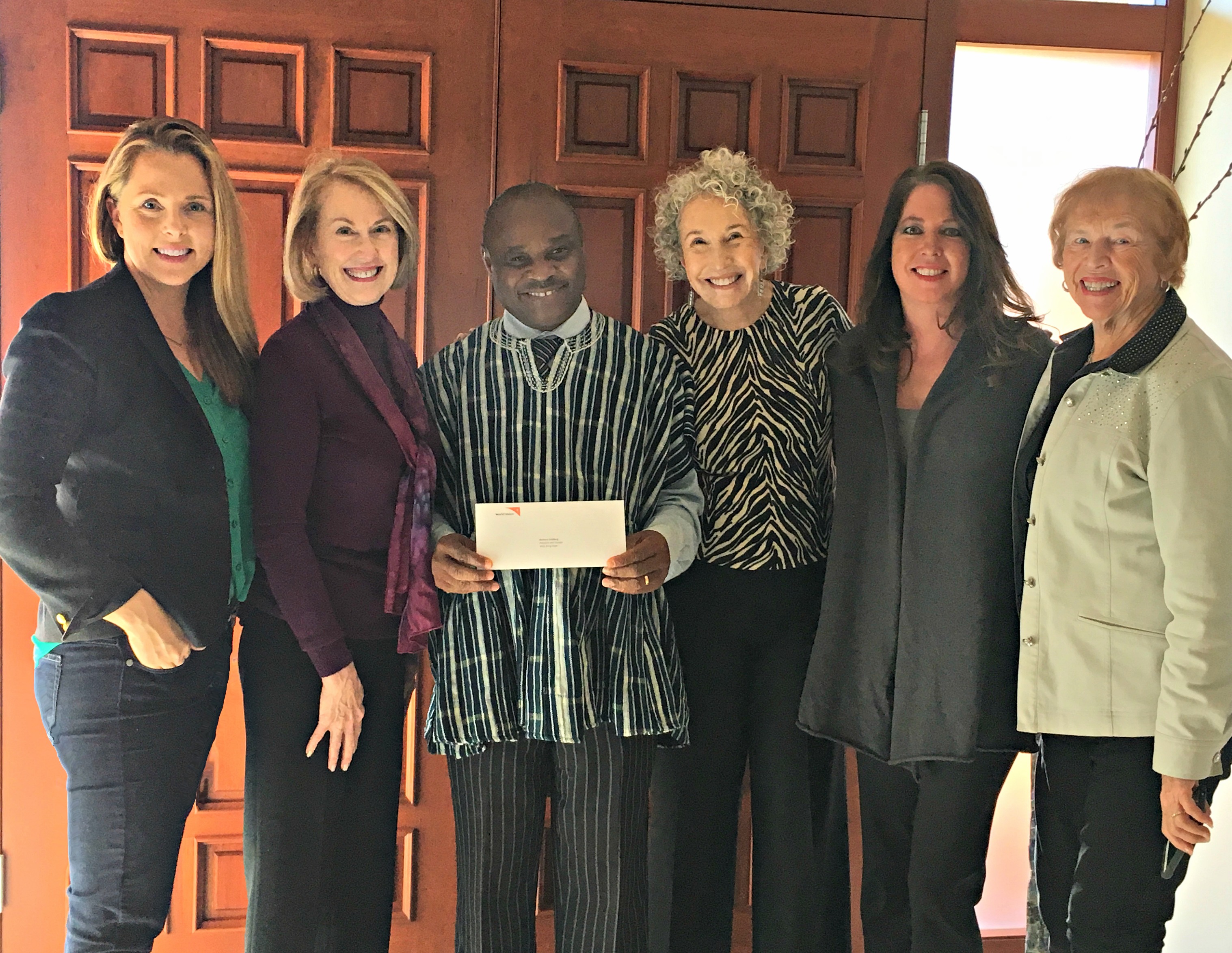by Shelton Owen
This month, Niger’s Foreign Minister made a rather large request of the European Union – one billion euros. This chunk of change would aid the fight to end illegal migration. As a major transit country for those fleeing tumultuous homelands, Niger has become home to a large number of migrants. The IOM estimates that up to 150,000 migrants will cross through Niger this year alone as they try to reach the Mediterranean Coast. Whether it’s driven by war and terrorist groups such as Boko Haram or simply the horrendous conditions of some African nations, the EU has been presented with an explosive migration crisis.
The request isn’t too far fetched, considering the EU has agreed to similar terms in prior situations. Last July, 1.15 billion euros were allocated to West Africa, a portion of which was intended for migration. Last month, Turkey struck a deal to disperse the flow of migrants from the Middle East. The task to limit this mass exodus is the result of a larger issue at hand – the chaotic, unsanitary conditions of impoverished nations. If homelands weren’t a threat to their own citizens, the urge to flee would diminish. For example, Syria, one of the main sources of refugees, has a staggering rape epidemic, a dire need for sanitary water, and an incredible imbalance of political power that has lead to war. This is the root of the problem, the driving force, the fountain from which other complications flow.
| {source: Hubpages Niger is the poorest country in the world, yet its will to help fight this problem is commendable. It is inspiring to see a nation, regardless of their own challenges, working to help refugees from other countries. With the help of the EU, Niger will hopefully be able to meet the basic needs of the refugees who flow through the country while ensuring the safety of its own citizens. |

